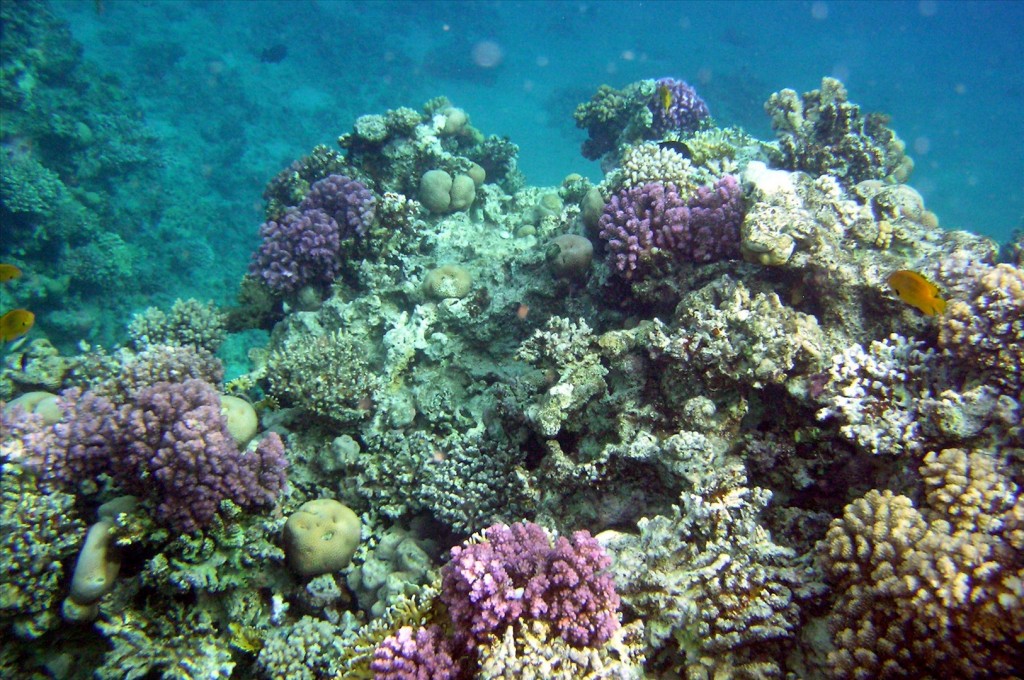Many of us know that carbon dioxide, CO2, is a greenhouse gas. As a greenhouse gas, it acts like a blanket over the Earth and prevents some of the heat from leaving our planet out into space. Thankfully, we have big oceans on Earth which serve as a sink of carbon dioxide. However, the amount of carbon dioxide we have been adding into the atmosphere via burning of fossil fuels since the beginning of the Industrial Revolution is too much for the oceans to handle. The result is acidification: a decrease in the pH of the oceans.
Some may argue that acidification of the oceans is natural, and that the Earth has already seen many cases of ocean acidification in the past. This, in fact, is true. The problem is, however, the relatively unusual rate of acidification that is occuring today. According to a new research review by paleooceanographers at University of Columbia, the rate of ocean acidification today may be faster than any time in the past 300 million years.
For those that may be wondering, ocean acidification works like a chain of reactions that starts with the increase in the atmospheric carbon dioxide concentration. These carbon dioxide molecules in the atmosphere are dissolved into the surface oceans where they eventually mixe with deep ocean waters. The carbon molecules that are dissolved into the oceans form carbonic acid which lower the pH of the oceans.
So, what are the consequences of ocean acidification? The increased acidity of oceans not only kills coral reefs, but also affects the calcium or magnesium carbonate shells of microorganisms. Since microorganisms are at the base of the food chain in marine ecosystems, the loss of microorganisms may lead to the extinction of numerous marine species.
This new review compared ocean acidification today with what happened during the Paleocene-Eocene Thermal Maximum which occurred 55 million years ago. Back then, an input of carbon dioxide into the atmosphere from an unknown source over thousands of years resulted in some extinctions of marine life and produced great changes to the environment. What is interesting is that the extinctions of organisms and the change of environment allowed the proliferation of new species on land, including our very own ancestors, primates. However, we need to note the difference between this event and what is occurring now: ocean acidification 55 million years ago occurred at a rate approximately ten times slower than the rate today.
It is very likely that ocean acidification rates today is much greater than anything we have seen in the past 300 million years. Since we are aware of the consequences of ocean acidification, it may be of our interest, as the species responsible for this unnatural event, to reduce our CO2 emissions into the atmosphere.
The following video briefly explains ocean acidification and its consequences.



